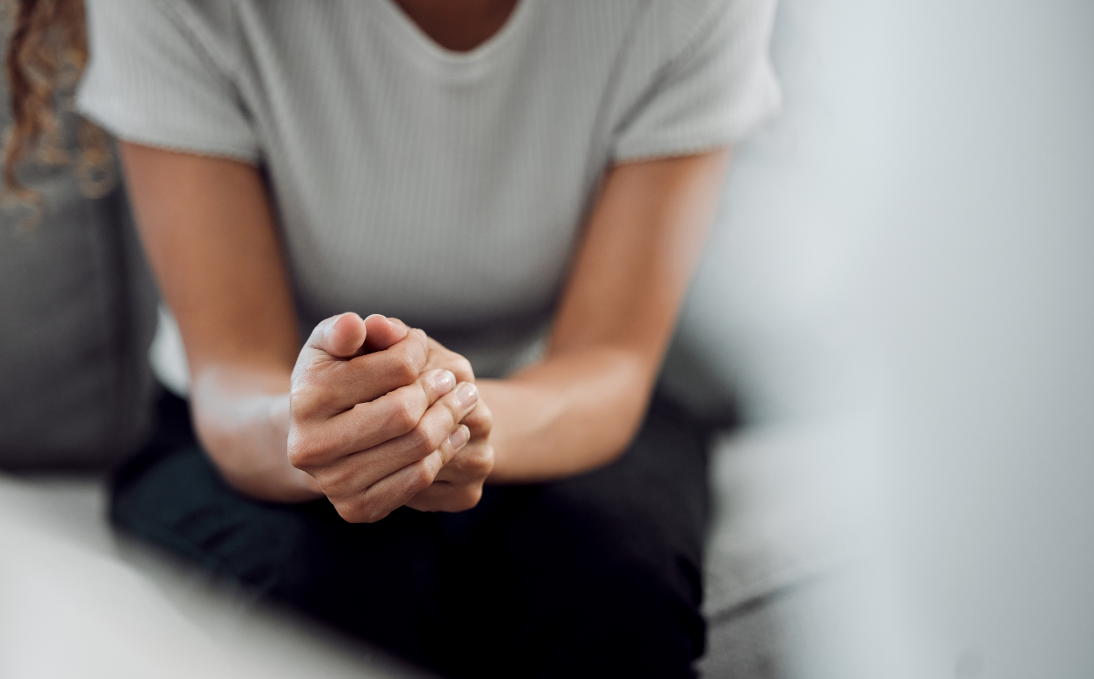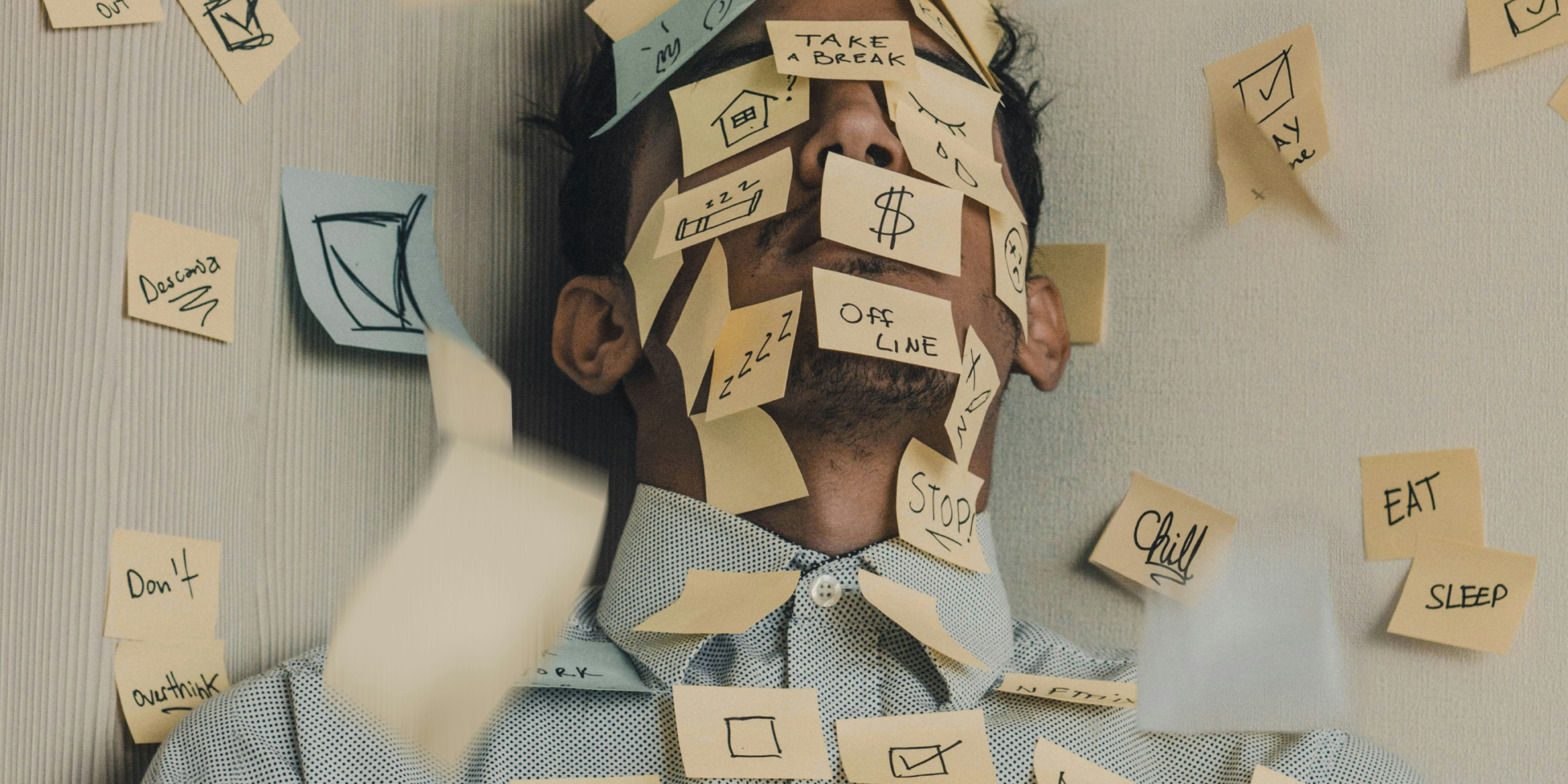Once you’ve recognised that you need professional support to manage your mental health, navigating the system can be confusing. Here are some things to consider as you begin this journey:
There are both public and private options, but the first point of contact would be your General Practitioner (GP). They can assess your situation, provide initial support, and refer you to mental health professionals if needed. GPs play a crucial role in coordinating mental health care.
Mental Health Care Plans:
- Your GP can create a Mental Health Care Plan, which allows you to access Medicare-subsidised sessions with psychologists, social workers, or occupational therapists. This plan can provide financial assistance for up to 10 sessions per calendar year.
- Once you have obtained this, you can contact a psychologist/mental health professional and set up an appointment with them
- Few psychologists offer bulk-billed sessions, which means there is no additional cost for you per session
If you’re employed, check if your workplace has an Employee Assistance Program. EAPs offer confidential counseling and support services to employees and their families.
Online Resources
- Several online platforms and websites offer mental health resources and self-help tools. Websites like Beyond Blue and Headspace provide information, forums, and online support.
- NGOs such as Black Dog Institute or Mind Australia also provide valuable resources, support, and information on mental health.
Specialised Organisations
Explore organizations dedicated to specific mental health issues.
- SANE Australia focuses on mental health issues like schizophrenia and bipolar disorder, offering information and support.
- Relationships Australia – relationship support services for individuals, families and communities.
- Orange door – Help and support for family violence and families in need of support with the wellbeing and development of children
- Southeastern Centre against Sexual Assault (SECASA) – sexual assault and family violence service provider across the south-east metropolitan Melbourne
If you’re in crisis, immediate support is available through helplines like Lifeline (13 11 14) or the Suicide Call Back Service (1300 659 467). These services offer confidential and anonymous assistance.
Remember, it’s important to choose the option that suits your needs and comfort level. If you’re unsure where to start, your GP can guide you through the available options. Seeking help is a courageous step towards better mental health, and there are various resources in Australia to support you.





